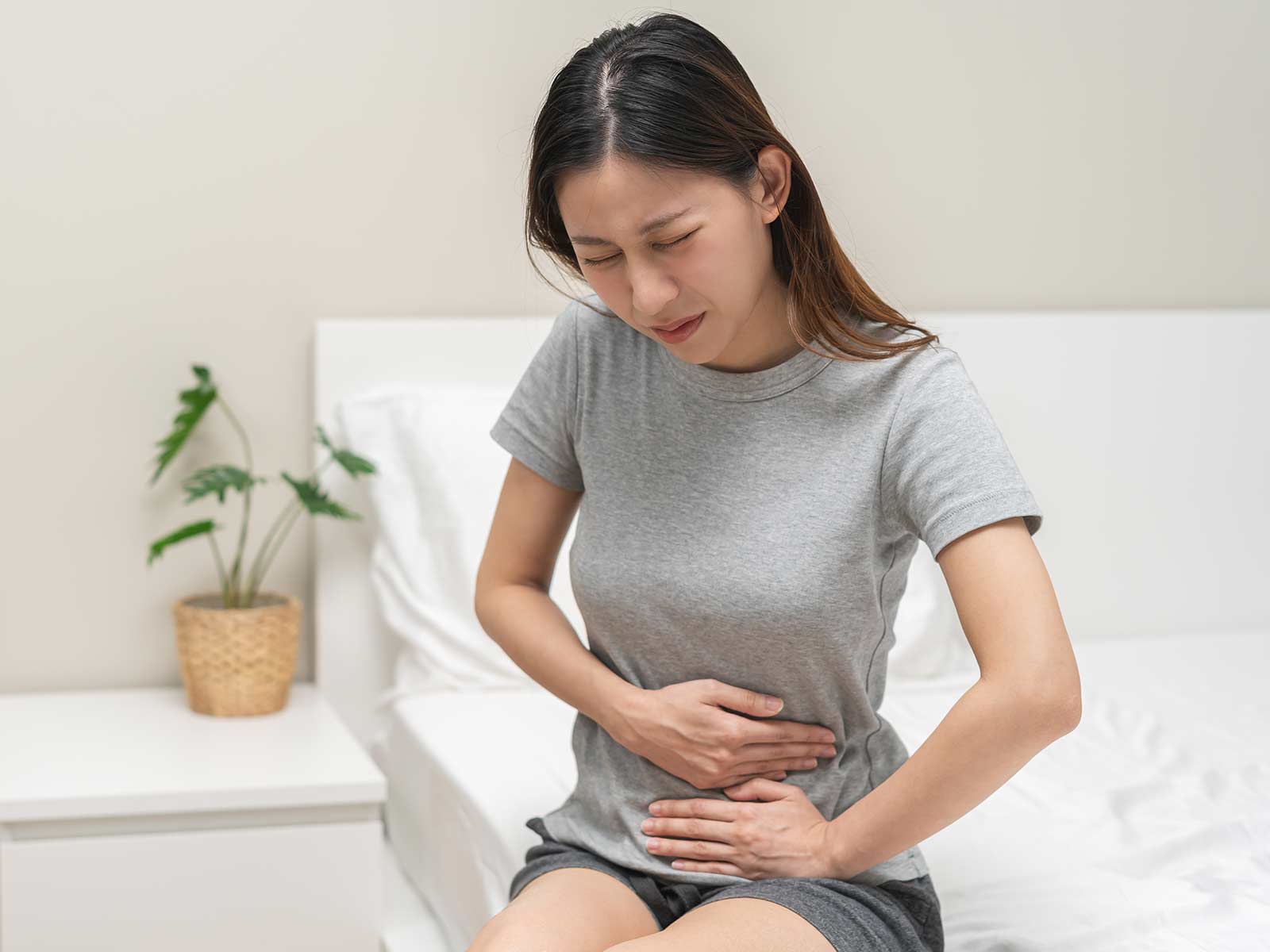
Herpes simple virus (HSV) is a viral infection, and it is not uncommon and causes painful blisters and sores. There are two common strains: HSV-1 which is more likely to cause oral cold swellings and HSV-2 that is more likely to cause genital outbreak of the disease. When the first infection is caught the virus is imprisoned in nerve cells, and can be reactivated after some periodical time without or in some symptoms.
Many people have various warning signs before an outbreak occurs followed by sores. Common symptoms include:
The virus is transmitted when the virus comes into contact with minor skin or mucous membrane fissures. Key risk factors include:
The HSV experts at GastroDoxs, Houston-based, also believe in patient-centered care, which is compassionate in the treatment of herpes simplex virus. Our interpretation of the accurate hsv-2 test and simple to understand hsv-1 and hsv-2 advice lead us to provide the treatment regimen and lifestyle suggestions as the way to decrease the number of the outbreak and live a good life. Book an appointment today to enjoy professional diagnosis, personal care, and subsequent treatment which you will not be ashamed of.
We've successfully treated more than 1K patients, helping individuals improve their digestive health and overall well-being through expert, personalized care.
With over 20 years of experience, GastroDoxs has been a trusted provider of gastroenterology care, focusing on delivering the best outcomes for patients
Oral cold sores are caused by HSV-1 whereas genital outbreaks are caused by HSV-2. In certain instances the two can also infect either of the two locales.
Blood tests to HSV- 2 antibody are commonly considered to be reliable after at least 12 weeks of the initial exposure. See GastroDoxs on the interpretation of it based on your own test results.
Yes. The spreading of the HSV can occur even without active lesions or symptoms because of such phenomenon as asymptomatic viral shedding.
The initial epidemic normally lasts 2-4 weeks. The subsequent exacerbations are usually contained in 1-2 weeks especially when the anti-viral medication is used in a good time.
This has been passed in the men where HSV-2 can lead to painful urination, small reddish spots or blisters on the genital area as well as swollen glands in the groin.
Yes. In oral sex, the HSV-1 can be transmitted to the genital area where it causes genital herpes and the reverse.
Home remedies cannot remove the virus out of the body, however, cool compresses, aloe vera gel, and over-the-counter pain medicines will help in relieving pain and recovery.
Absolutely. The diagnosis can be confirmed by an HSP specialist in the Houston region such as that at GastroDoxs who will be able to explain the range of hsv-2 test results and work out an appropriate treatment plan.
Yes. Antiviral medicine like acyclovir or valacyclovir should be used on a daily basis to reduce the number of outbreaks by 80 percent and the risk of infecting people with the virus.
Definitely. Latent HSV can be reactivated through stress, sickness, exhaustion among others that weaken the immune system leading to the occurrence of new outbreaks.